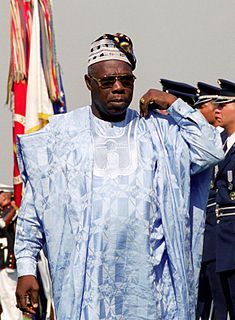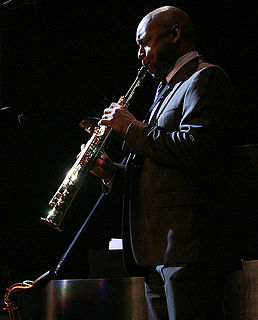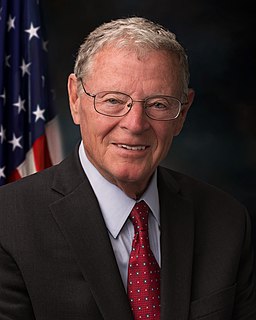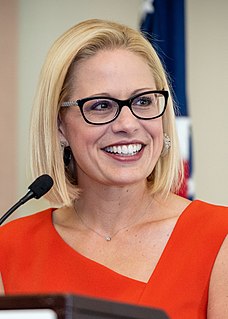A Quote by Alan Dershowitz
If we move away from the American tradition of lawyers defending those with whom they vehemently disagree -- as we temporarily did during the McCarthy period -- we weaken our commitment to the rule of law... So beware of an approach which limits advocacy to that which is approved by the standards of political correctness.
Related Quotes
America, we weaken our ties when we allow our political dialogue to become so corrosive that people of good character aren't even willing to enter into public service; so coarse with rancor that Americans with whom we disagree are seen not just as misguided but as malevolent. We weaken those ties when we define some of us as more American than others, when we write off the whole system as inevitably corrupt, and when we sit back and blame the leaders we elect without examining our own role in electing them.
When we talk about defending Muslims, defending women, we're automatically by default excluding someone, but when we talk about defending liberty, when we talk about defending the freedoms that are enshrined within our founding documents, that is inclusive of every American. That's a message the American left needs to learn as we move forward.
It was a book [George Packer written on our presence in Nigeria] that was killed by the response of other people. Which sounds quite cowardly, perhaps, but it was the first manifestation of what is currently a really big issue: how political correctness defines the limits of what you can do. In that sense, it was super-exciting and maybe the most magical project we did, but at the same time fraught with mixed feelings.
We [Americans] inherited British law, which is like the new "reforms" that are being made now, in the sense that people are permanently entrapped in debt, if they once fall into bankruptcy. The reason that the law was changed in American history - the whole early period of the formation of the country was moving away from British law into a law that is generated here and that conforms to the sense of what is appropriate here.
The rules and principles of case law have never been treated as final truths but as working hypotheses, continually retested in those great laboratories of the law, the courts of justice. Every new case is an experiment, and if the accepted rule which seems applicable yields a result which is felt to be unjust, the rule is reconsidered.
I was just born involved in politics. My family is conservative Mormon, and so I was born - although the Mormon faith is not inherently political, their faith requires some political stands, and those are ones that I happen to disagree with vehemently - so I was just political from a very early age.
To speak seriously: the standards of "goodness" which are generally recognized by public opinion are not those which are calculated to make the world a happier place. This is due to a variety of causes, of which the chief is tradition, and the next most powerful is the unjust power of dominant classes.


































